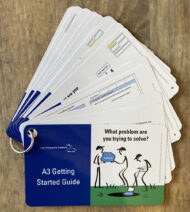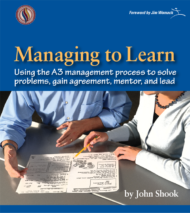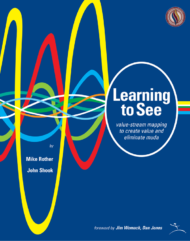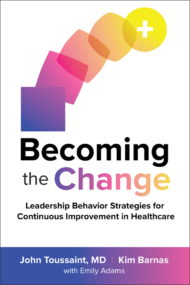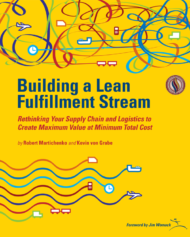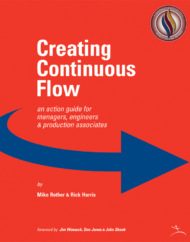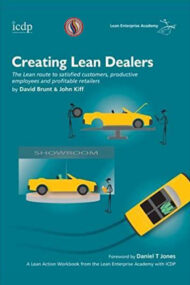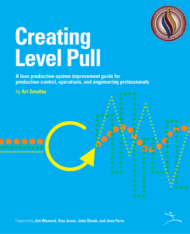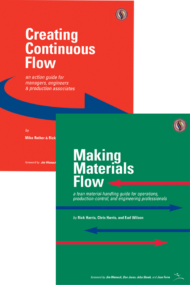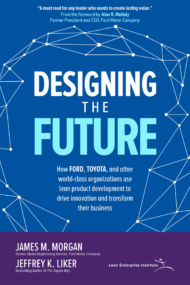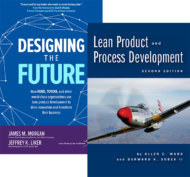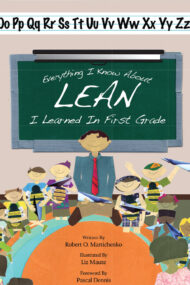Books
A3 Getting Started Guide
Although this guide isn’t the end-all-be-all for how to use the A3 process, it includes some of our favorite tools,…
Price
$12.99
Price
$12.99
Managing to Learn: Using the A3 management process
Managing to Learn by Toyota veteran John Shook, reveals the thinking underlying the A3 management process found at the heart…
Price
$50.00
Price
$50.00
Learning to See
Value-stream maps are the blueprints for lean transformations and Learning to See is an easy-to-read, step-by-step instruction manual that teaches…
Price
$60.00
Price
$60.00
Becoming the Change
Two renowned healthcare transformation experts provide a blueprint for implementing the principles and behaviors leaders at all levels must embrace…
Price
$32.00
Price
$32.00
Building a Lean Fulfillment Stream
This workbook explains step-by-step a comprehensive, real-life implementation process for optimizing your entire fulfillment stream from raw materials to customers,…
Price
$60.00
Price
$60.00
Creating Continuous Flow
This workbook explains in simple, step-by-step terms how to introduce and sustain lean flows of material and information in pacemaker…
Price
$60.00
Price
$60.00
Creating Lean Dealers
Car manufacturing has been transformed by Lean over the last 20 years yet car dealerships have remained virtually untouched by…
Price
$65.00
Price
$65.00
Creating Level Pull
Creating Level Pull shows you how to advance a lean manufacturing transformation from a focus on isolated improvements to improving…
Price
$60.00
Price
$60.00
Creating Continuous Flow / Making Materials Flow Set
Buy the two workbooks on flow together and save 15%. Continuous flow cells need a lean material-handling system to supply…
Price
Original price was: $120.00.$102.00Current price is: $102.00.
Price
Original price was: $120.00.$102.00Current price is: $102.00.
Designing the Future
Today’s elite companies know that the ability to consistently create successful new products and services is their most powerful competitive…
Price
$24.00
Price
$24.00
Designing the Future/Lean Product & Process Development, 2 edition book set
Price
Original price was: $94.00.$80.00Current price is: $80.00.
Price
Original price was: $94.00.$80.00Current price is: $80.00.
Everything I Know About Lean I Learned in First Grade
Everything I Know About Lean I Learned in First Grade is a quick, fun introduction to lean principles. The book…
Price
$20.00
Price
$20.00
